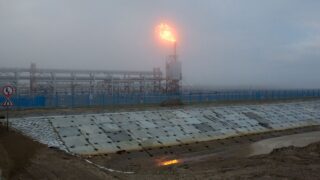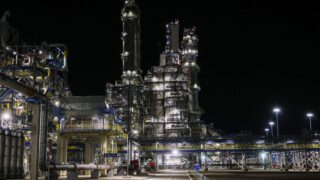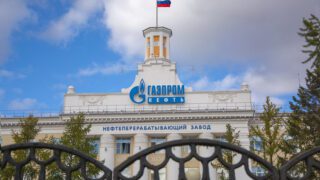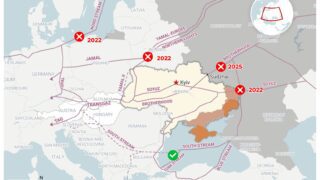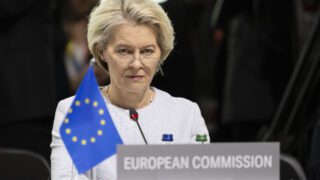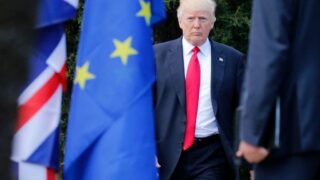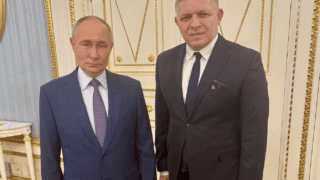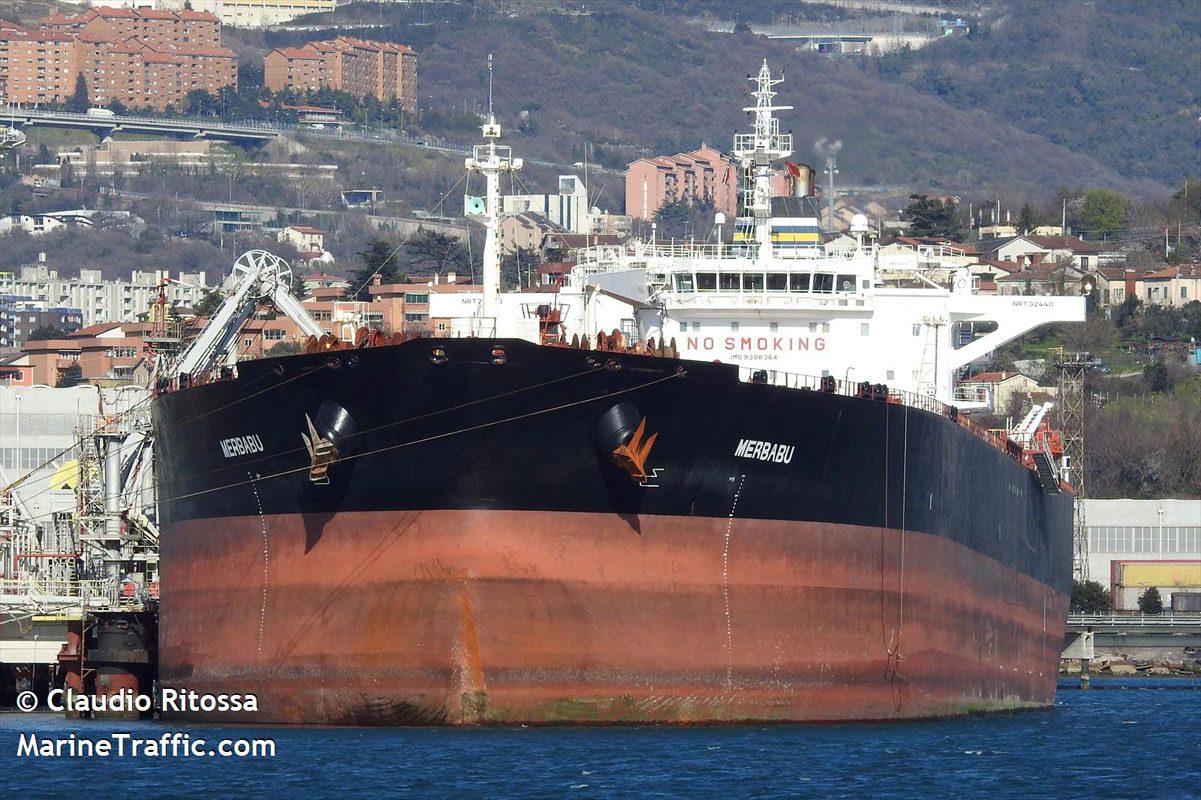
EU Commission President Ursula von der Leyen: Not all EU countries have abandoned Russian fossil fuels since 2022
Most EU countries diversified their energy supply sources after Russia attacked Ukraine in 2022 to eliminate their dependence on Russian fossil fuels. However, not all countries have decreased their reliance on Russian fuel, says European Commission President Ursula von der Leyen, according to UkrInform.
Following the beginning of Russia’s all-out war against Ukraine, the EU took steps to reduce its dependence on Russian fuels and adopted RePowerEU—Europe’s energy reset program.
This program includes developing infrastructure for energy interconnection between member states, energy-saving measures, and prioritizing domestic energy production through investments in renewable energy.
As a result, last year, dependence on Russian fossil fuels decreased by 71%, and oil imports from Russia to the EU fell by 90%.
“Let me address those who still believe we should depend on dirty Russian fossil fuels. Just days after Russian tanks invaded Ukraine, European leaders gathered in Versailles.
All 27 agreed to diversify supplies and eliminate Russian fossil fuel dependence as quickly as possible. Where are we after 1,000 days? Europe has diversified sources, but not everyone has followed the Versailles commitments. Instead of seeking alternative sources, one member country, in particular, sought alternative ways to purchase fossil fuels from Russia,” von der Leyen said, allegedly pointing to Hungary.
She reminded that the EU, in contrast, built infrastructure and established new ties with other partners. Europeans invested in developing cheap and clean energy production, achieving significant success. In the first half of this year, 50% of Europe’s electricity consumption was met by domestic renewable energy production.
“Russia has repeatedly proven that it is not a reliable supplier. So, there can be no excuses here. Those who truly want to ensure energy security for Europe must first contribute to it. It is a rule we must adhere to,” the European Commission president emphasized.
Earlier, Hungary and Slovakia were granted temporary exemptions from the EU’s energy sanctions against Russia.
In September 2024, the Hungarian energy company Mol Nyrt. announced reaching an agreement to continue the supply of Russian crude oil via a pipeline passing through Ukraine.
Read also:




